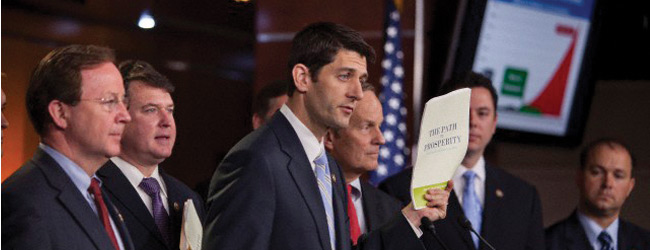
“I am not afraid of the storms for I am learning how to sail my ship.” – Louisa May Alcott
Longtime residents of coastal areas know very well to prepare for a hurricane long before the first raindrops fall, the winds reach dangerous speeds and the storm surge approaches. They board up windows, prepare food and water and potentially evacuate while the weather is relatively calm, even while praying that the hurricane dissipates or makes landfall elsewhere. Sometimes these prayers are answered and the storm turns and the precautions were simply an inconvenience. But it would be reckless to wait until the storm makes landfall and attempt to make preparations in the middle of the frenzy and chaos of a hurricane, as the chance of catastrophic property damage or loss of life would rise precipitously.
From the perspective of corporate and individual income taxes, a storm is approaching. One doesn’t need satellite imagery or Doppler radar to understand that small business owners are now subject to an increasing tax burden and this burden appears likely to grow dramatically in the near future. In recent months, news articles have been filled with discussion of potential new taxes to fund health care reform and the economic stimulus package, and to reduce the expanding deficit. These taxes include the elimination of the Bush tax cuts, expansion of Social Security taxes to wages in excess of $250,000 (they are not currently capped at $106,800), imposition of Social Security taxes to capital gains, financial transactions tax, taxes on bank bonuses, reinstatement of the federal estate tax, as well as increased tax rates for ordinary income, capital gain and dividends.
Although the debate regarding tax increases has often raged along Democratic and Republican party lines, Sen. Kent Conrad (D-ND) and Sen. Judd Gregg (R-NH) have recently proposed the “Bipartisan Task Force for Responsible Fiscal Action Act” to examine potential tax increases. This move appears to signify that both political parties are now conceding that tax increases may be necessary in the future to reduce the deficit, and the task force is a means to raise taxes and reduce spending while minimizing the corresponding political backlash.
Many states have already attempted to raise revenue. In January, Oregon became the latest state to increase individual income taxes when a measure increasing the top income tax rate by two percentage points was approved. The measure also increased the top corporate tax bracket for corporations by 1.3 percentage points. In raising taxes, Oregon joined a long list of other states that recently raised individual and corporate income tax rates, including California, New York, New Jersey, North Carolina, Wisconsin, Delaware and Hawaii. Many other states have pending proposals to raise income taxes.
Although most business owners feel burdened by taxes they pay now, many do not realize that the current income and capital gains tax rates are nearly at the low point for the post-World War II era. Thirty years ago, the top income tax rate was 70 percent and 25 years ago (at the height of the “Reagan revolution”) the highest income tax rate remained at 50 percent. Still, these rates pale in comparison to the top income tax rates of 91 percent in existence from 1951 to 1963.
It doesn’t take a degree in economics to understand the need for increased taxes or to imagine the potential tax landscape in the near future. From 1980 to 2010, the federal deficit has increased approximately 1,400 percent, even as the top marginal individual income tax rates were reduced from 70 percent to 35 percent. Only modest tax increases have been proposed recently, although these past tax rates are an ominous historic benchmark for the rates that may be ultimately imposed to raise additional federal revenue.
Although the potential new taxes are not an absolute certainty, small businesses should take immediate steps to prepare for the gathering storm. A comprehensive tax plan can minimize the consequences of the new taxes and higher tax rates through appropriate entity structure, compensation planning, fringe benefit planning, succession planning and estate planning. In the world of taxes, the wind is gusting and the tide is rising. Small businesses should not wait until the levee breaks before preparing for the storm. Act now.



